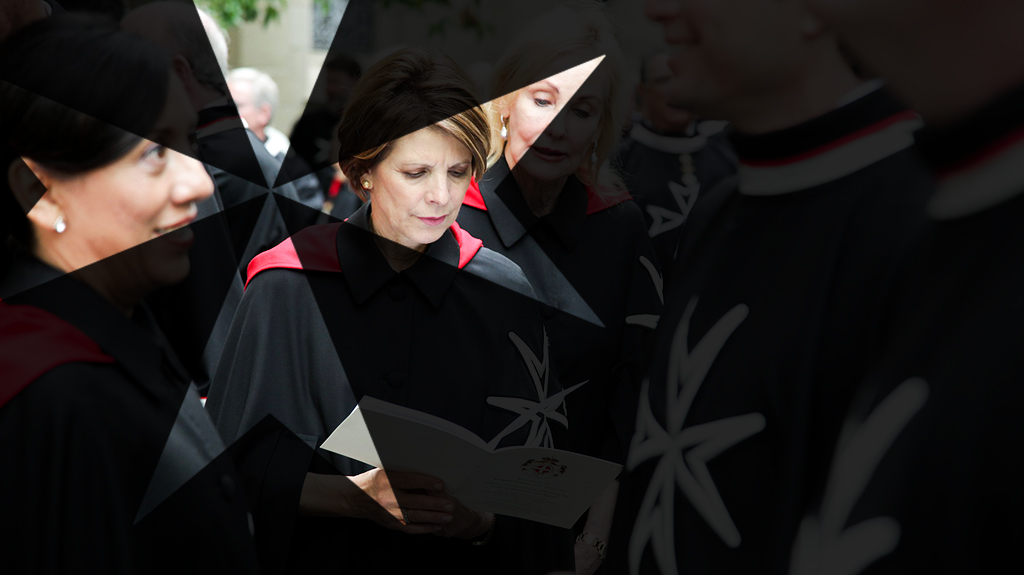In the retreat he recently offered members of the Western Association, Fr. Eric Hollas remarked that while we offer exemplary service to the many individuals we serve, we may not, perhaps, cultivate an interior life that offers us the same wealth we share with others.
The need to preside at a funeral called me away from the retreat, but Fr. Eric’s was one of the points I made in my homily. The person for whom we were celebrating the funeral liturgy (a religious sister) had died while praying the Luminous Mysteries of the Rosary with a member of her community. When they completed the decade recalling the Wedding at Cana, Sr. Joanne’s companion said, “You’ve been invited to that gathering,” and Sr. Joanne died a few minutes later. Her religious sisters chose the Cana reading as the gospel for the funeral Mass.
The early Church writers loved the story of Cana; they said it was a perfect illustration of what Christ accomplished for us in the Incarnation – taking the dull, watery stuff of our humanity, and raising it up to be something far nobler and fine. “But,” I remarked, “Jesus didn’t change water into wine so we could get drunk. He elevated our humanity so we might intoxicate the world.” But we can only do this if we have something to share.
The leadership in our Western Association has recently been encouraging the Association’s chaplains to stress the importance of the Order’s members’ deepening their spiritual life. The Order of Malta is a religious community, after all, and although it is one of the Church’s more active religious Orders, the members of every religious community must strive to deepen their personal relations with God. If our interior life does not provide the reason – and the distinguishing character and energy – for our apostolate, we must ask what distinguishes our service from that offered by an employee of any secular aid agency?
These days everyone (or so one might surmise) uses a cell phone. Fr. Eric led the retreat group in a practical exercise to access the on-line breviary, and encouraged the retreatants to pray the Church’s Liturgy of the Hours as a useful tool for deepening spiritual life. The “Divine Office,” he observed, unites us with our ancestors in the Old Testament, who built their prayer on the foundation of the psalms, and links us with present-day Christians throughout the world who turn to the Office as a source of stability, inspiration and strength. The result is much the same as that a sculptor achieves by chipping away and polishing a piece of marble: if we are willing to surrender to the discipline, the Divine Office will re-recreate us and refine God’s image in our lives, adding to our natural gifts so we have true, supernatural wealth to share with those we serve.
These are valuable thoughts to ponder as we embark upon our Lenten Pilgrimage. The ashes we wear on Ash Wednesday must not be a mere cosmetic, altering our appearance for a single day; we must allow them to enter more deeply into our lives – and we must embrace their invitation to change.
The Second Vatican Council’s document, Gaudium et Spes, observed, “We must all undergo a change of heart. We must look out on the whole world and see the tasks that we can all do together to promote the well-being of the [human] family….” May the days of Lent, and our surrender to their call, deepen our life of prayer and enrich us to share the Good News!
by Father Reginald Martin OP

